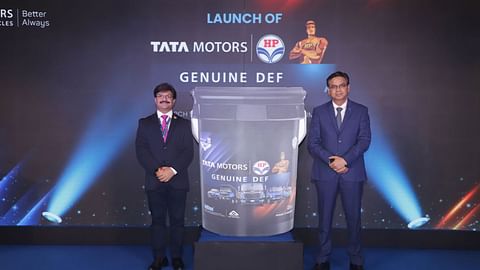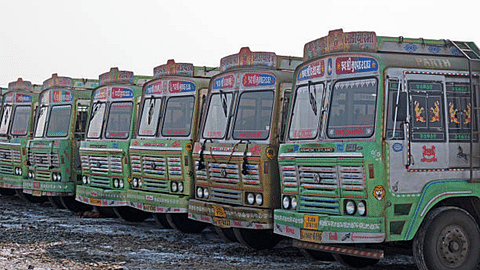Who Will Lead Next? The Search for Tata Group's Successor

On 9th October 2024, the business world mourned the loss of Ratan Naval Tata, a stalwart of Indian industry and the former chairman of Tata Sons. Ratan Naval Tata, the former chairman of Tata Sons, passed away on Wednesday at the age of 86 at Mumbai’s Breach Candy Hospital, where he had been receiving intensive care. Just days earlier, he had addressed concerns about his health, stating he was undergoing routine medical investigations due to his age.
"It is with a profound sense of loss that we bid farewell to Mr. Ratan Naval Tata, a truly uncommon leader whose immeasurable contributions have shaped not only the Tata Group but also the very fabric of our nation," said Mr. Chandrasekaran.
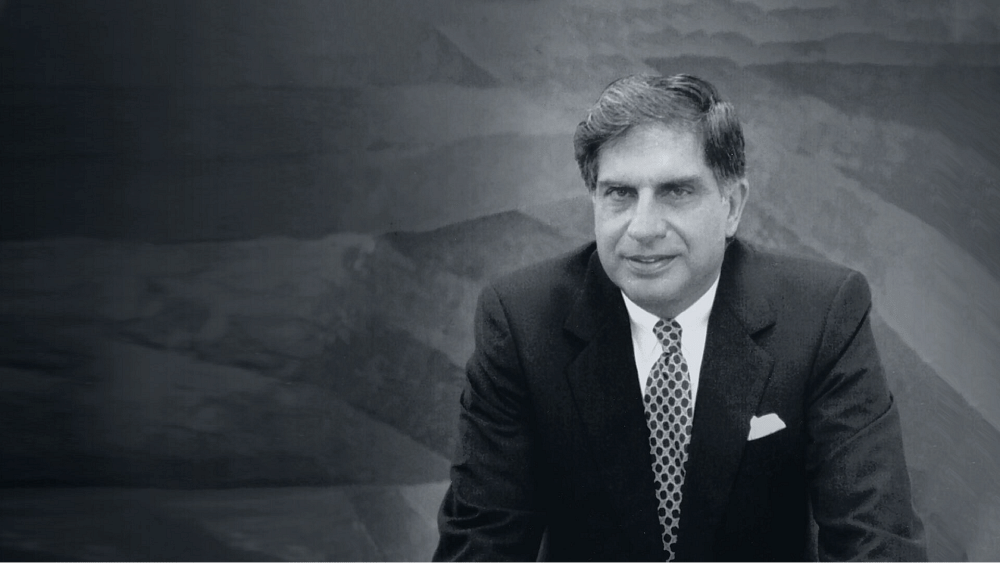
"For the Tata Group, Mr. Tata was more than a chairperson. To me, he was a mentor, guide and friend. He inspired by example. With an unwavering commitment to excellence, integrity, and innovation, the Tata Group under his stewardship expanded its global footprint while always remaining true to its moral compass," said Mr. Chandrasekaran.
Ratan Naval Tata is widely regarded as one of the most influential business leaders in India, having served as the chairman of Tata Sons from 1991 to 2012. Under his leadership, the Tata Group expanded its global footprint and diversified into various sectors, solidifying its reputation as a powerhouse in the Indian economy. Ratan Tata is known for his commitment to ethical business practices, innovation, and corporate social responsibility, embodying the values of the Tata legacy.

The Lasting Impact of Ratan Tata's Leadership
Ratan Tata's demise leaves a profound void in the business community. His leadership style—marked by humility, ethical practices, and a focus on long-term growth—set a benchmark for corporate governance in India. Many leaders and entrepreneurs looked up to him as a role model, not only for his business acumen but also for his commitment to making a positive impact on society.
Succession of the Tata Group
In the wake of any significant leadership transition, discussions around succession at the Tata Group would gain prominence. Currently, Natarajan Chandrasekaran serves as the chairman of Tata Sons, having taken over the role in 2017. He has played a crucial role in steering the group through digital transformation and strategic growth initiatives.
Potential successors within the Tata Group include:
1. Natarajan Chandrasekaran: Currently leading the group, he has a strong vision for its future, focusing on innovation and technology.
2. Neol Naval Tata: As a member of the Tata family, Neol has shown interest in contributing to the group’s legacy, and his involvement could be pivotal in future leadership discussions.
3. Children of Noel Tata: Noel Tata's children—Maya, Neville, and Leah Tata—are also potential successors. As the next generation of the Tata family, they may play significant roles in continuing the family’s legacy within the group, depending on their professional paths and contributions.
4. External Candidates: The possibility of attracting external talent with expertise in specific industries to lead various verticals may also be explored.
Conclusion
Ratan Tata's impact on the Tata Group and the business landscape of India is profound and lasting. Discussions about succession will be critical as the group looks to continue its legacy of excellence and integrity. The leadership that follows will need to honor Tata's vision while adapting to the challenges of a rapidly changing global environment. Stay tuned for more updates as we explore who will emerge as the next successor of the Tata Group.
नवीनतम Industry Insights समाचार
सभी Industry Insights समाचार देखेंनवीनतम समाचार
- EKA Mobility Strengthens Leadership: Mohit Sharma Appointed as Chief Human Resource Officer
- EKA Mobility ने नेतृत्व को किया मजबूत: मोहित शर्मा बने चीफ ह्यूमन रिसोर्स ऑफिसर
- Truck Makers Collaborate with Amazon, Amul & Others for Electric Small Commercial Vehicles
- NueGo and Sirona Partner to Enhance Women’s Comfort in Intercity Travel
- Commercial Vehicle Retail Sales Decline by 8.6% in February 2025: FADA Report
- February 2025 Three-Wheeler Commercial Vehicle Sales Report: FADA Insights
- HPCL and Tata Motors Unveil Genuine DEF: A Game-Changer for Commercial Vehicle Performance
- एचपीसीएल और टाटा मोटर्स ने पेश किया असली डीईएफ: वाणिज्यिक वाहन प्रदर्शन में एक क्रांतिकारी बदलाव
- मारुति सुजुकी ने सुपर कैरी मिनी ट्रक में ईएसपी जोड़कर सुरक्षा बढ़ाई
- February 2025: A Tough Month for India's commercial vehicle sector
लोकप्रिय तिपहिया वाहन ब्रांड
 अल्टीग्रीन
अल्टीग्रीन यूलर मोटर्स
यूलर मोटर्स महिंद्रा
महिंद्रा पियाजियो
पियाजियो बजाज
बजाज ग्रीव्स मोबिलिटी
ग्रीव्स मोबिलिटी अटुल
अटुल टीवीएस
टीवीएस ओमेगा सेइकी मोबिलिटी
ओमेगा सेइकी मोबिलिटी किनेटिक
किनेटिक लोहिया
लोहिया जेएसए
जेएसए वाईसी इलेक्ट्रिक
वाईसी इलेक्ट्रिक उड़ान
उड़ान एसएन सोलर एनर्जी
एसएन सोलर एनर्जी सारथी
सारथी तेजा (ग्रीव्स के पावर से)
तेजा (ग्रीव्स के पावर से)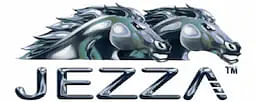 जेज़ा मोटर्स
जेज़ा मोटर्स ग्रीनरिक
ग्रीनरिक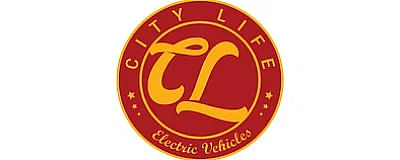 सिटी लाइफ इलेक्ट्रिक
सिटी लाइफ इलेक्ट्रिक अम्पीयर
अम्पीयर बाबा इलेक्ट्रिक
बाबा इलेक्ट्रिक ई-आश्वा
ई-आश्वा बाहुबली ई रिक्शा
बाहुबली ई रिक्शा डाबंग
डाबंग डेल्टिक
डेल्टिक केटो मोटर्स
केटो मोटर्स मिनी मेट्रो
मिनी मेट्रो गयाम मोटर्स
गयाम मोटर्स जेम ईवी
जेम ईवी जीकॉन ऑटोमोटिव
जीकॉन ऑटोमोटिव स्काईराइड
स्काईराइड ठुकराल इलेक्ट्रिक
ठुकराल इलेक्ट्रिक बैक्सी
बैक्सी ईब्लू
ईब्लू हेक्सॉल
हेक्सॉल जॉय
जॉय मोंट्रा
मोंट्रा स्टार
स्टार डैंडेरा
डैंडेरा EKA
EKA Khalsa
Khalsa Hero
Hero- Zero21
91trucks एक तेजी से बढ़ता डिजिटल प्लेटफॉर्म है जो वाणिज्यिक वाहन उद्योग से संबंधित नवीनतम अपडेट और जानकारी प्रदान करता है।






